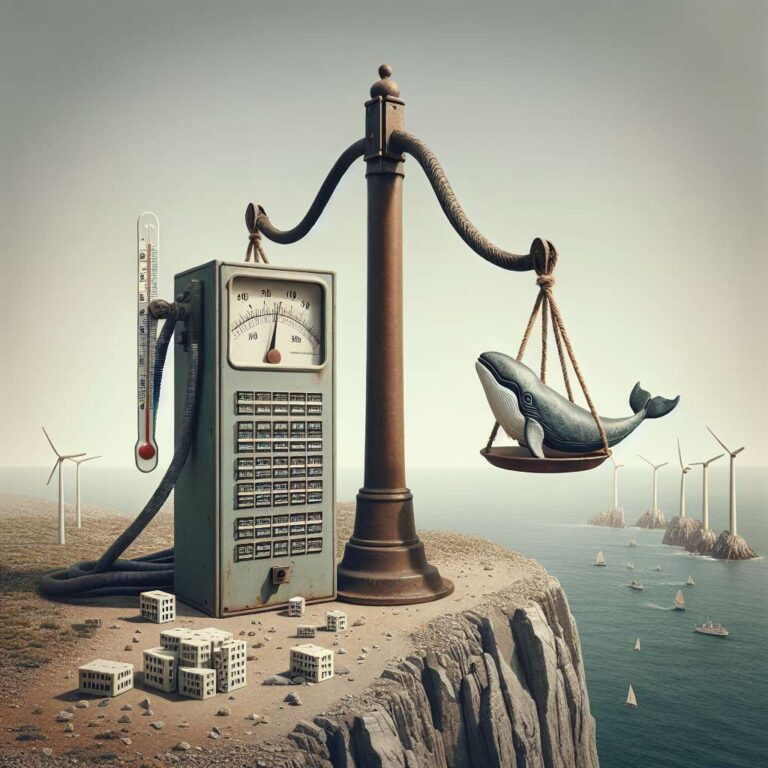This weekday edition of the download highlights new research into how human bodies respond to extreme temperatures as climate change raises the stakes. The article notes that about 47,000 heat-related deaths are believed to have occurred in Europe in 2023 and that researchers estimate climate change could add an extra 2.3 million European heat deaths this century. Scientists are revising thresholds for when heat or cold become lethal and filling gaps in our understanding of thermoregulation, with implications for public health and survival strategies. The piece is drawn from the latest print issue of MIT Technology Review and is by Max G. Levy.
Another story tackles recent clusters of whale strandings in the Atlantic and the political response blaming offshore wind farms. The newsletter reports there are three active mortality events for whales and that Republican lawmakers, conservative think tanks, and President Donald Trump have pushed claims linking wind turbines to the deaths. The reporting stresses that whales have washed up long before offshore wind existed and that the scientific consensus finds no evidence linking wind farms to the recent increase in whale deaths. That analysis is part of MIT Technology Review’s series on conspiracy theories and is reported by Casey Crownhart.
The download also examines the state of artificial intelligence and identifies energy, not money, as the primary constraint on progress. The United States faces a shortfall of steady power and infrastructure needed for a wave of data centers awaiting activation. The newsletter traces how efficiency gains that kept energy demand flat before 2020 are no longer enough as billions of queries to popular models drive electricity use upward. The reporting, from Casey Crownhart and Pilita Clark, argues the US should study approaches used elsewhere, including China, to secure abundant power without driving up costs.
Additional items curated in the must-reads list include pieces on how China narrowed its artificial intelligence gap with the US, differing commercial paths for Anthropic and OpenAI, new EU intelligence sharing plans, debates over offshore drilling in California, and legal and social frictions around artificial intelligence in music and dating. The newsletter also features a longer piece on how Graydon Hoare’s side project grew into the Rust programming language and offers a short selection of lighter items for readers seeking distraction.

